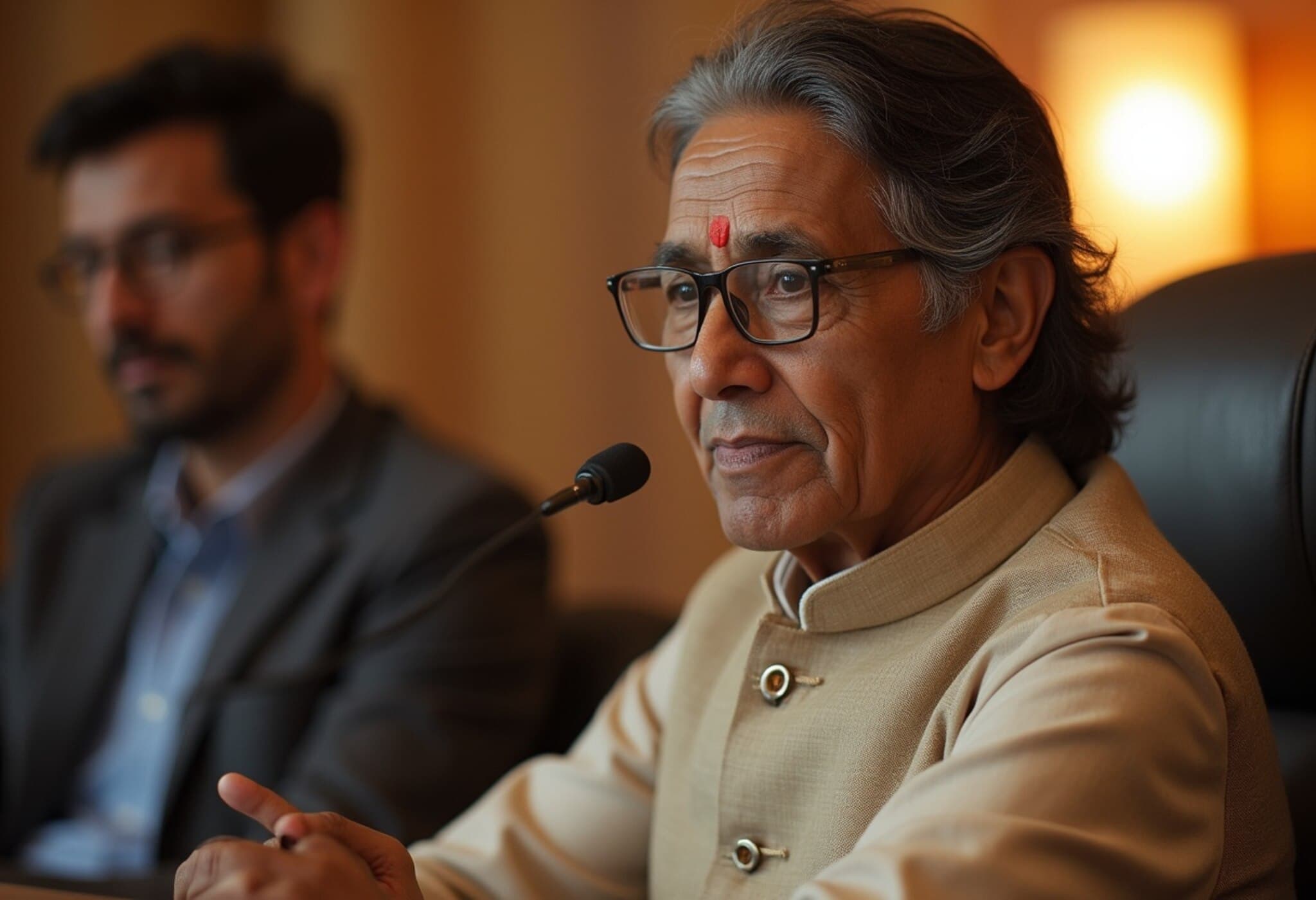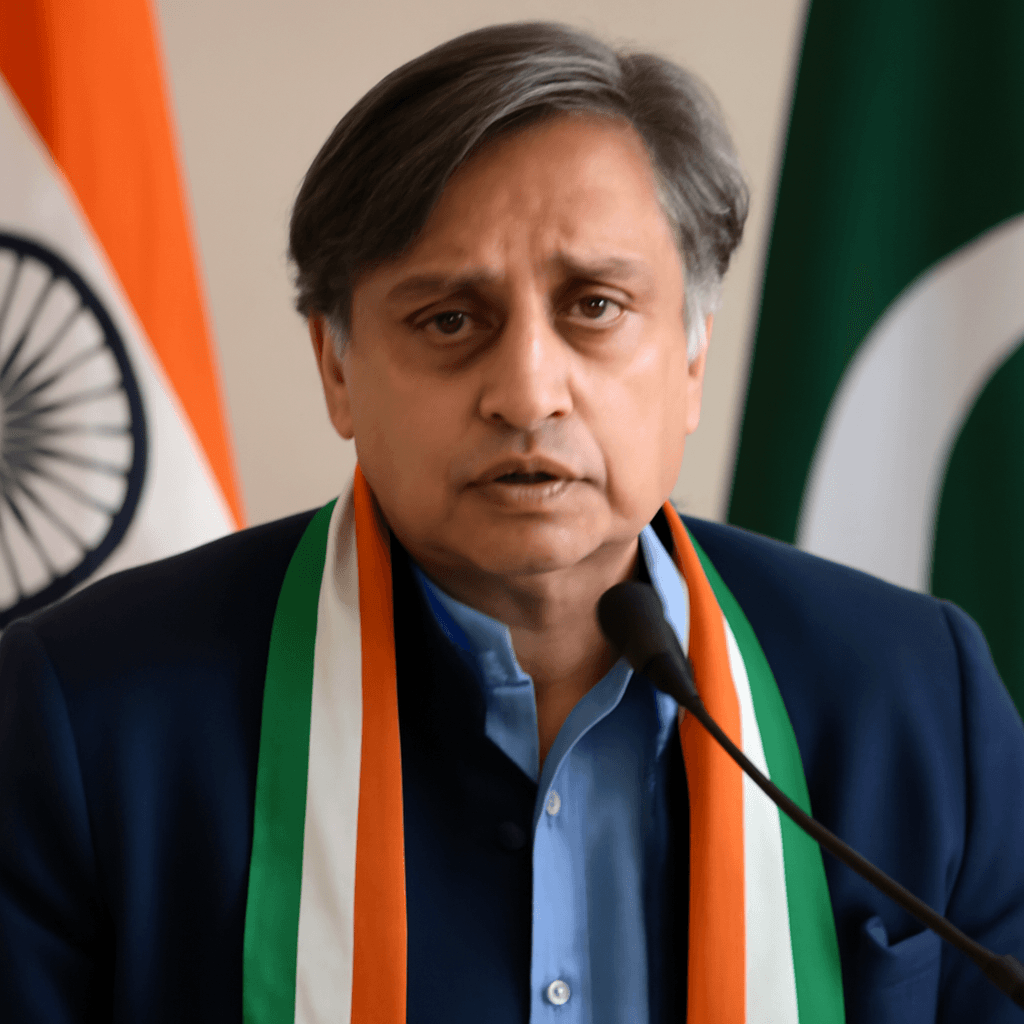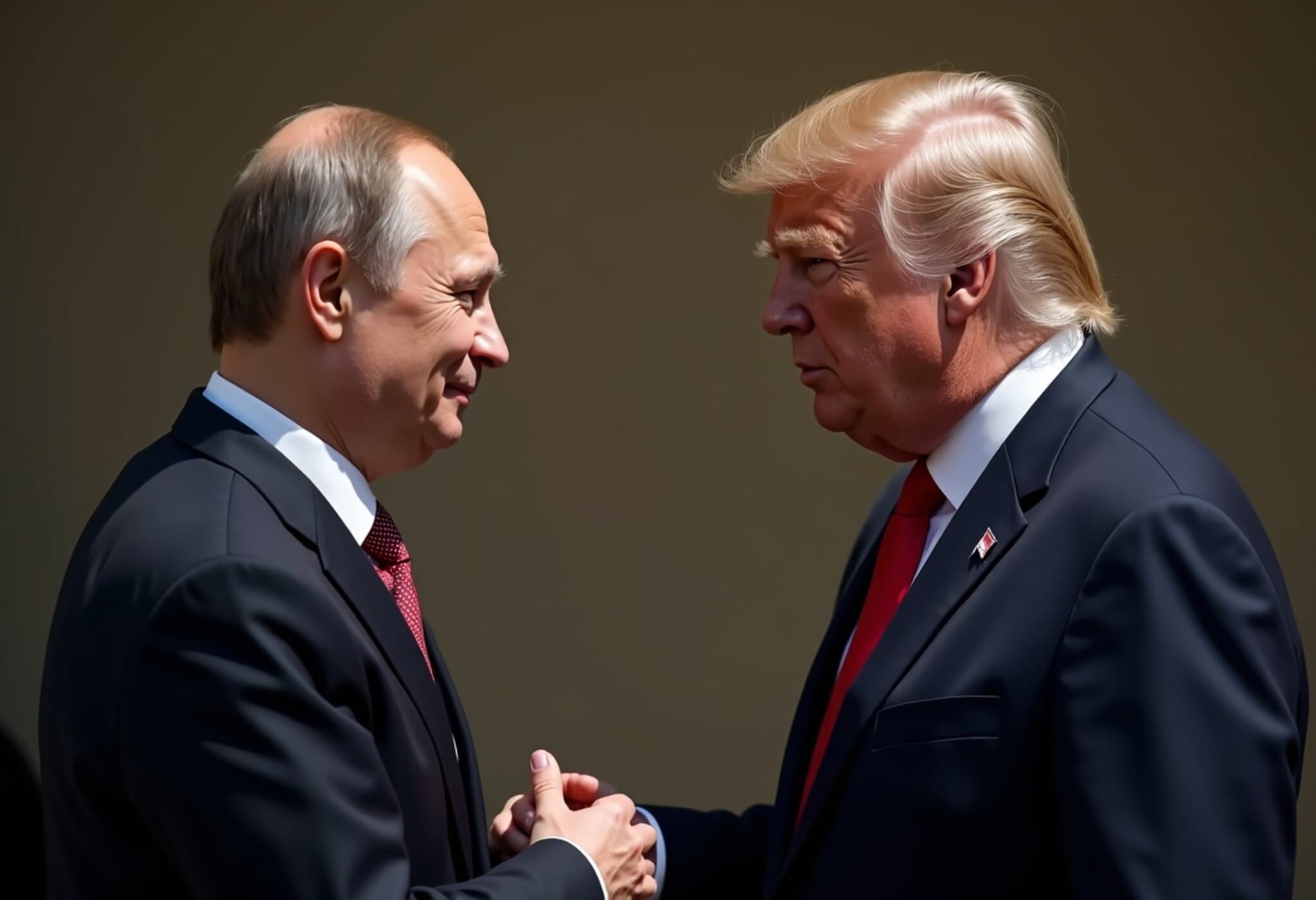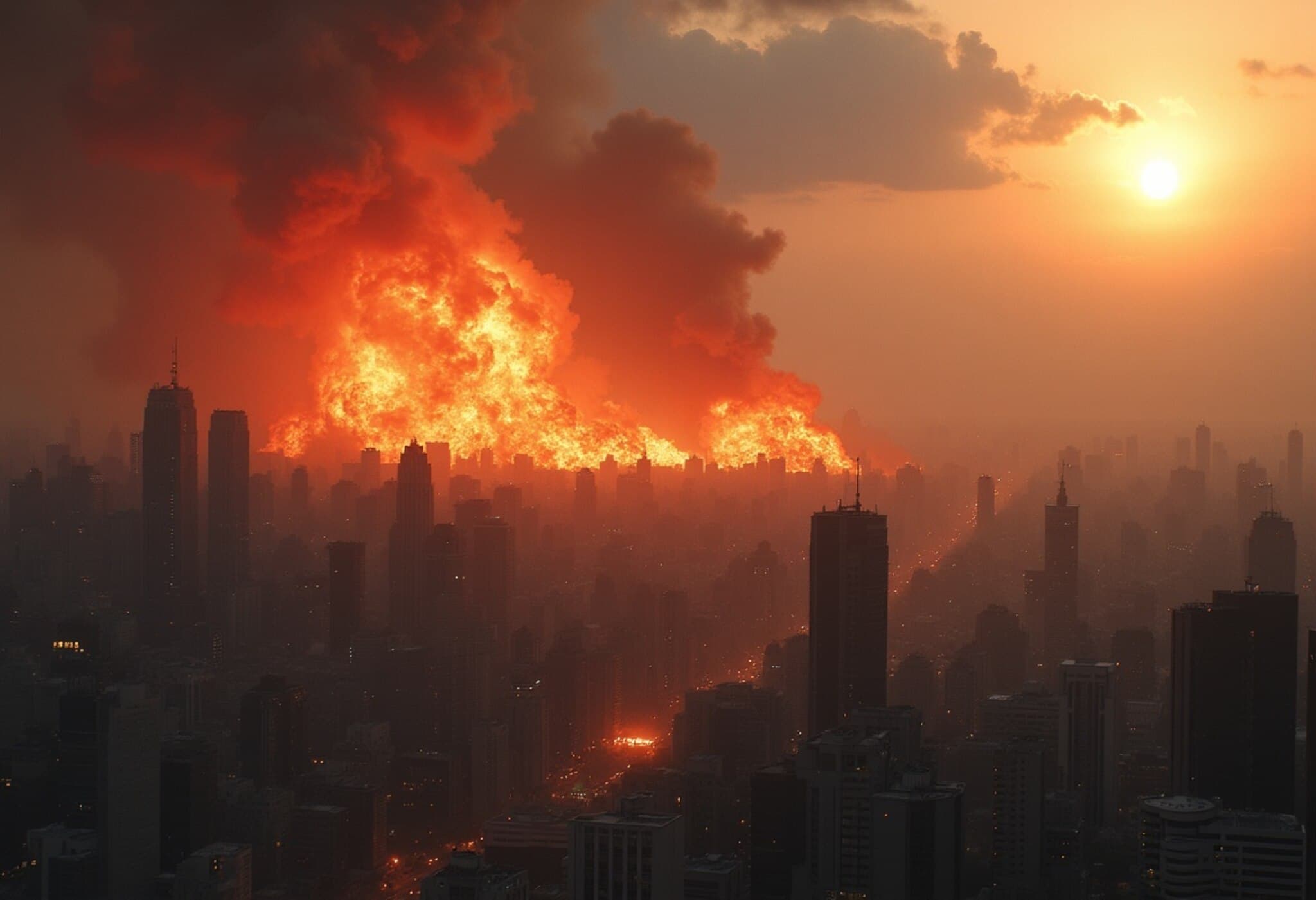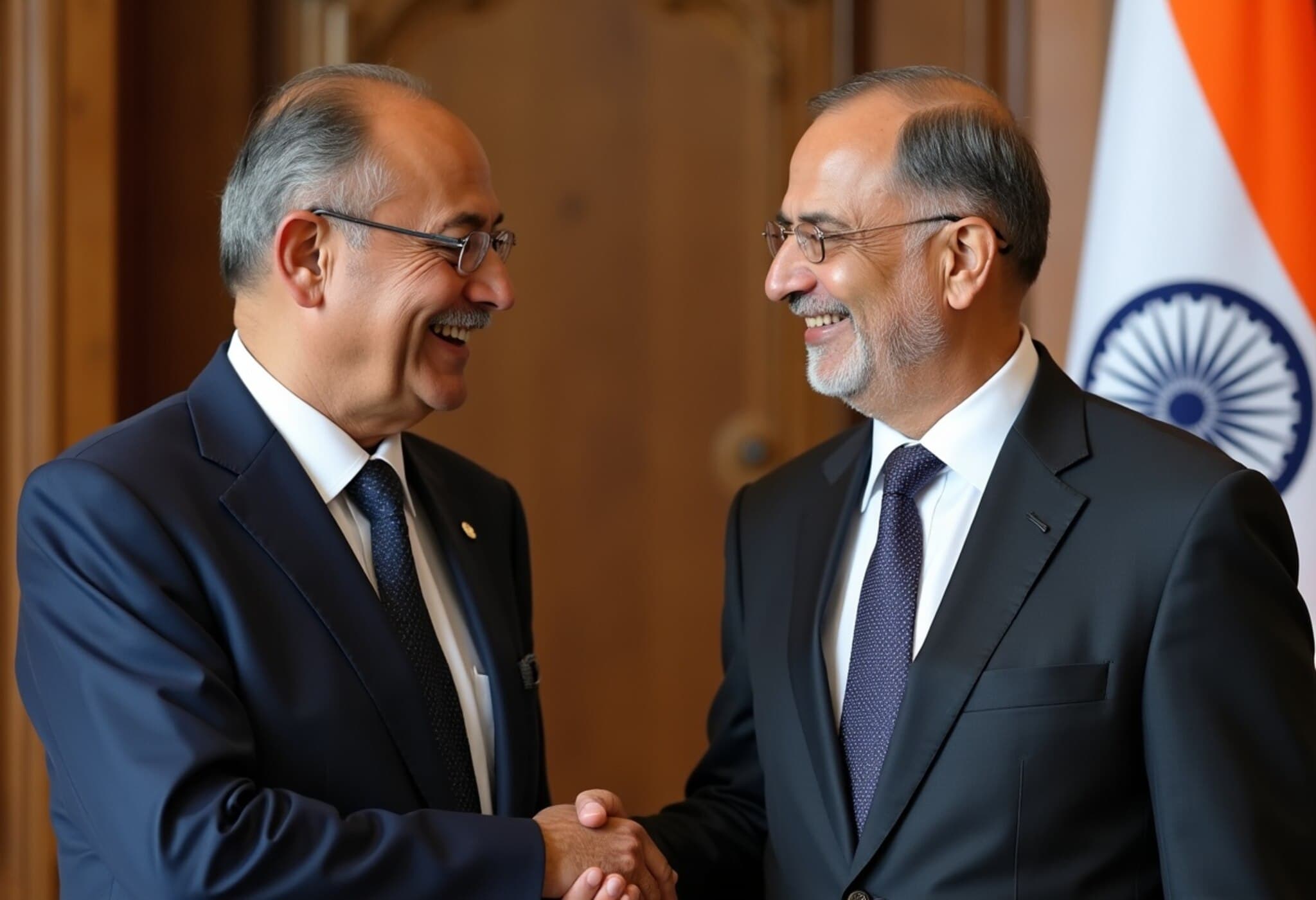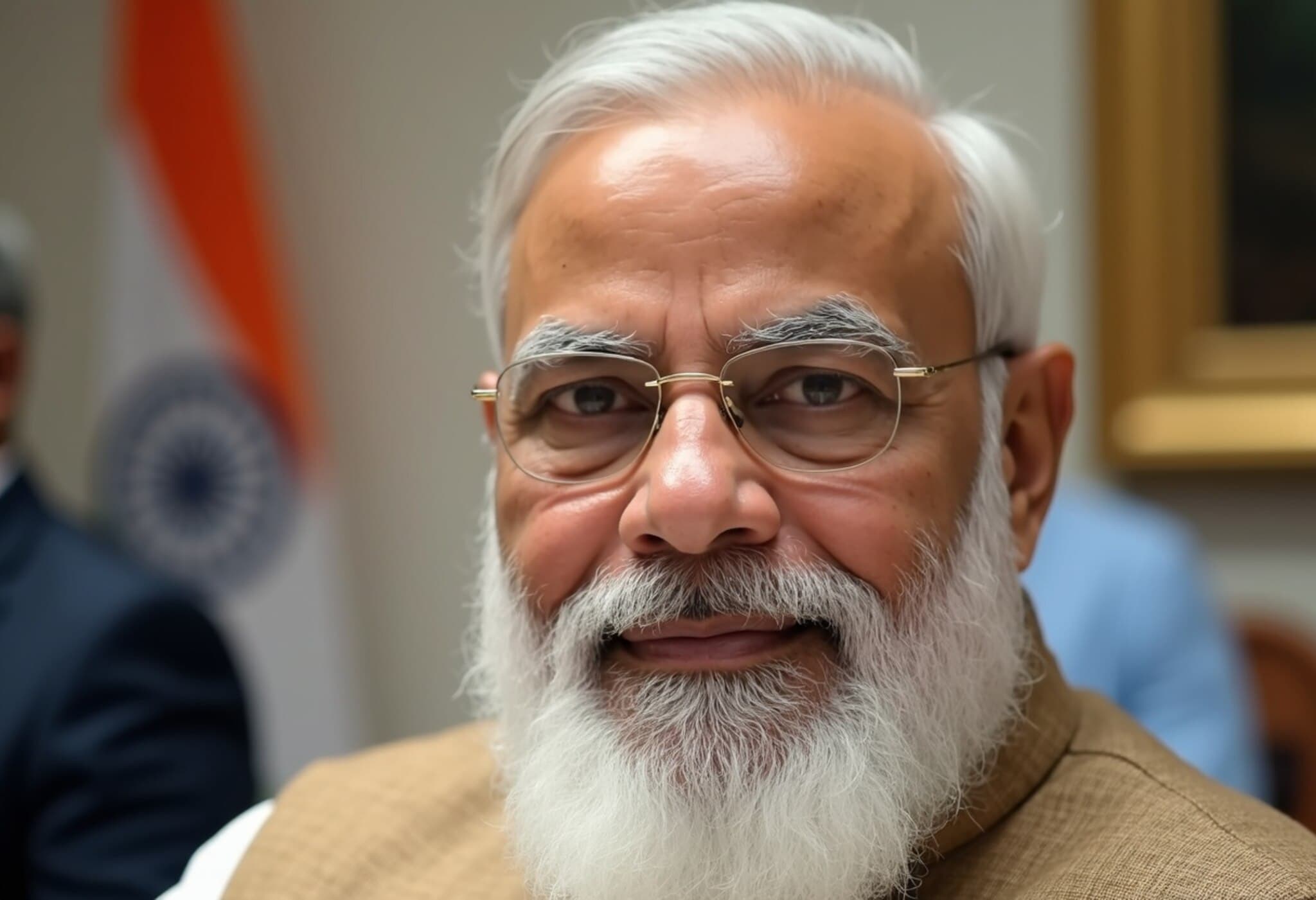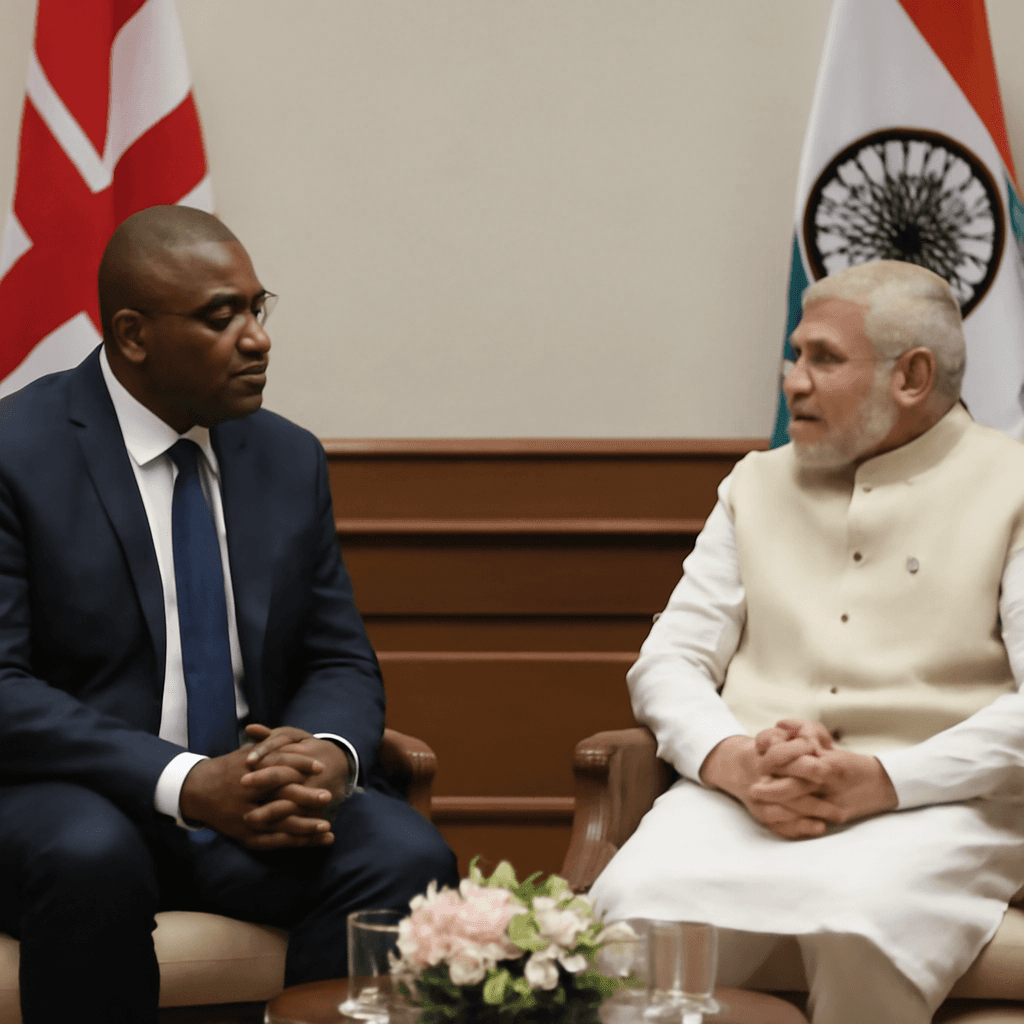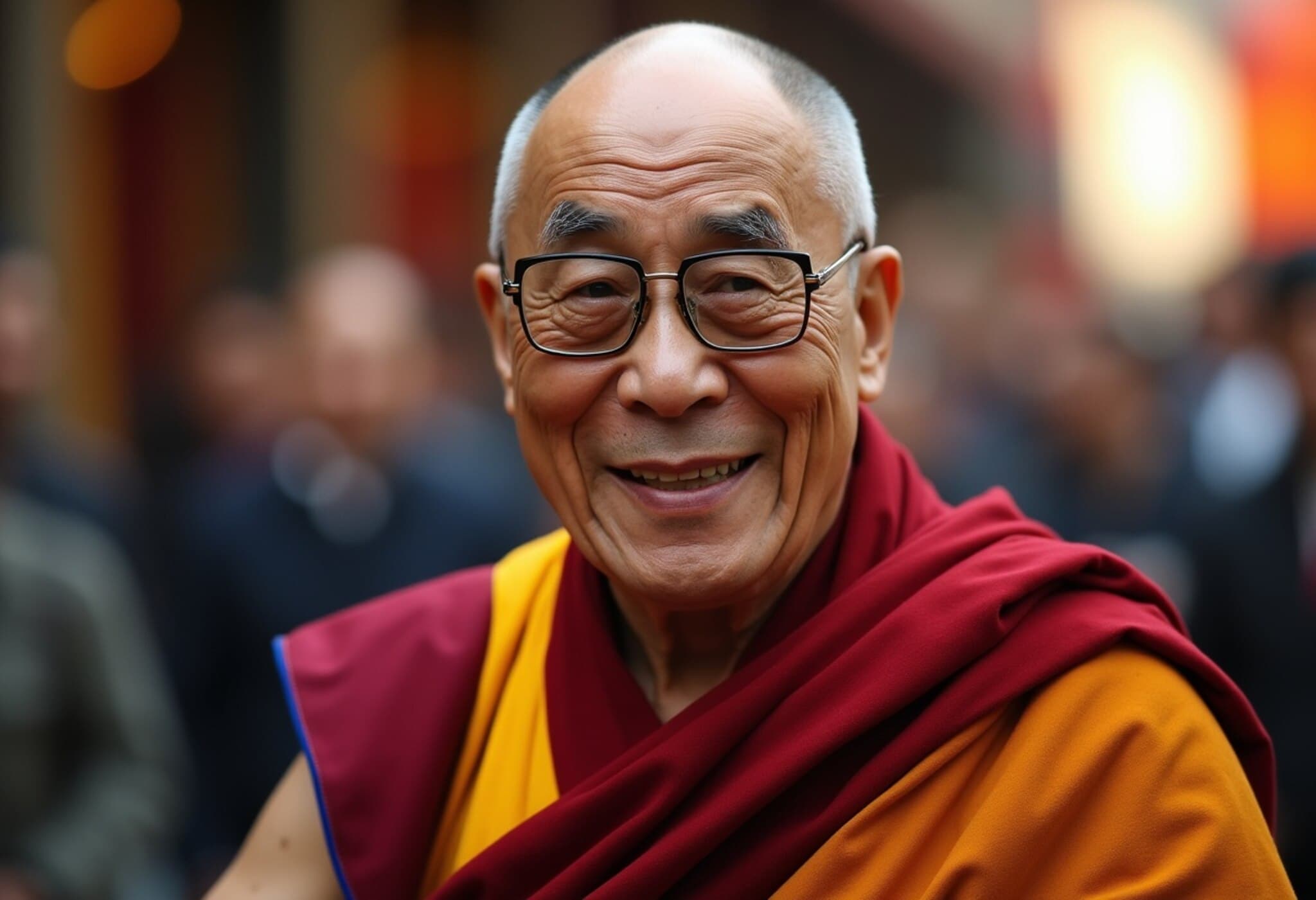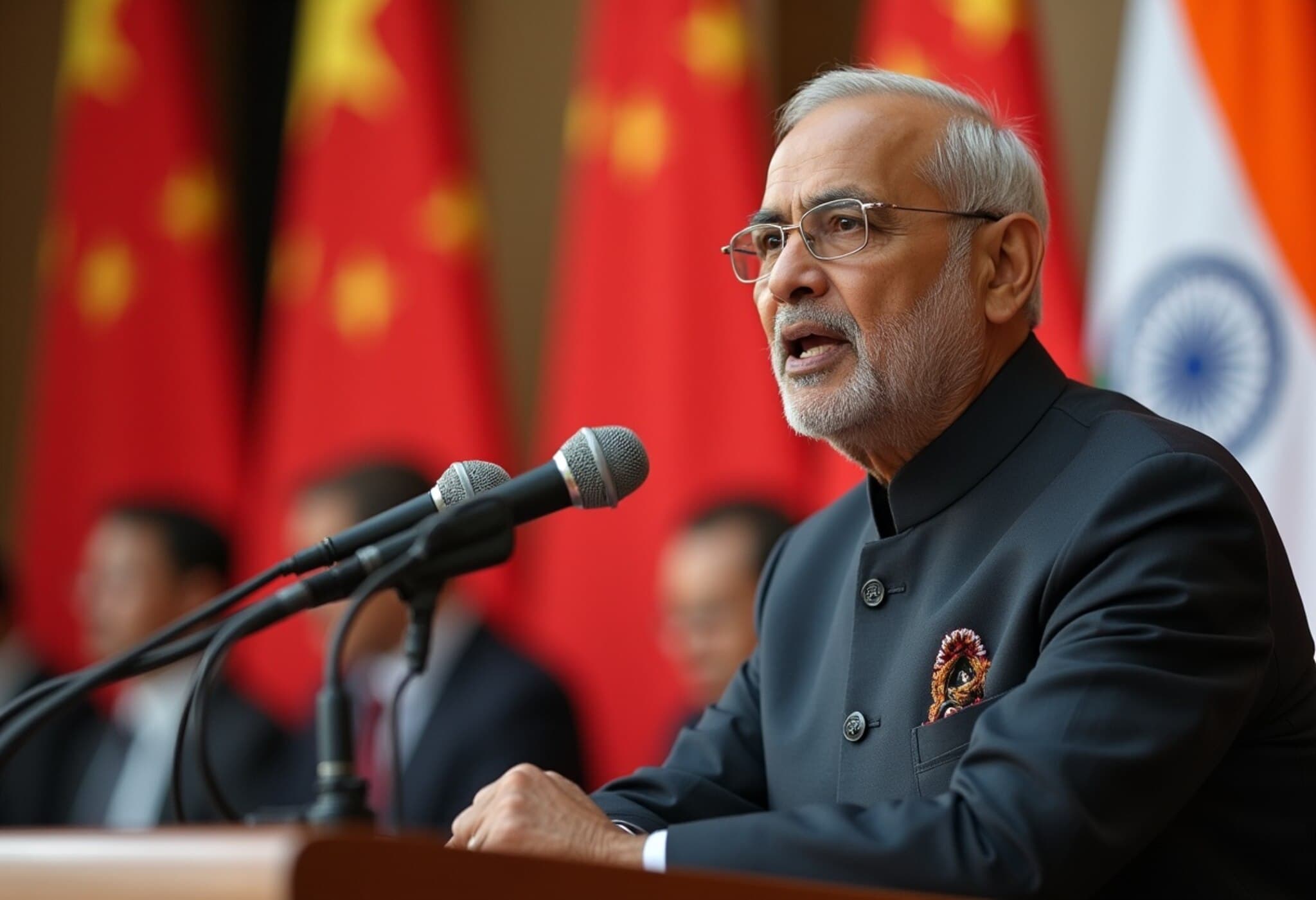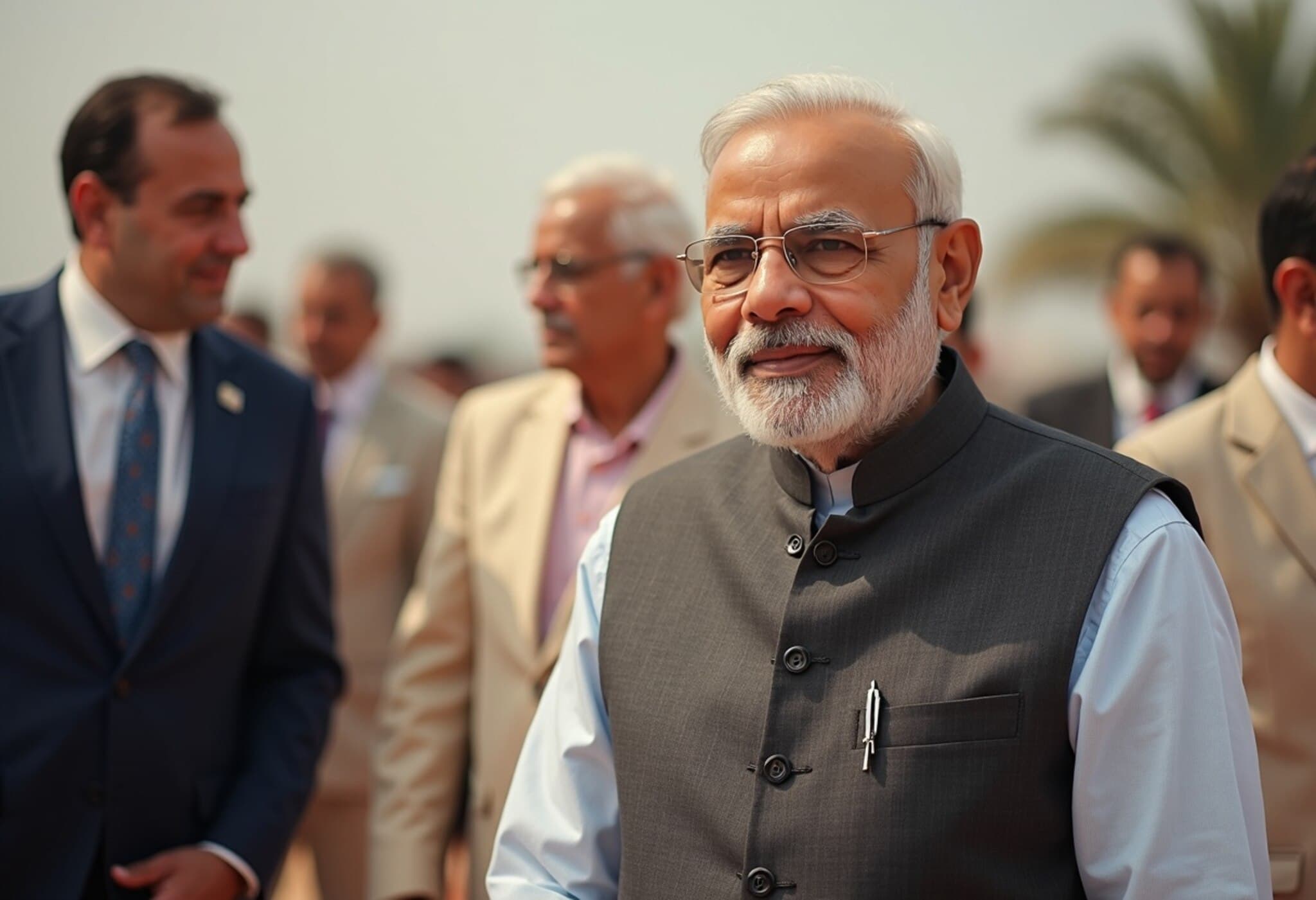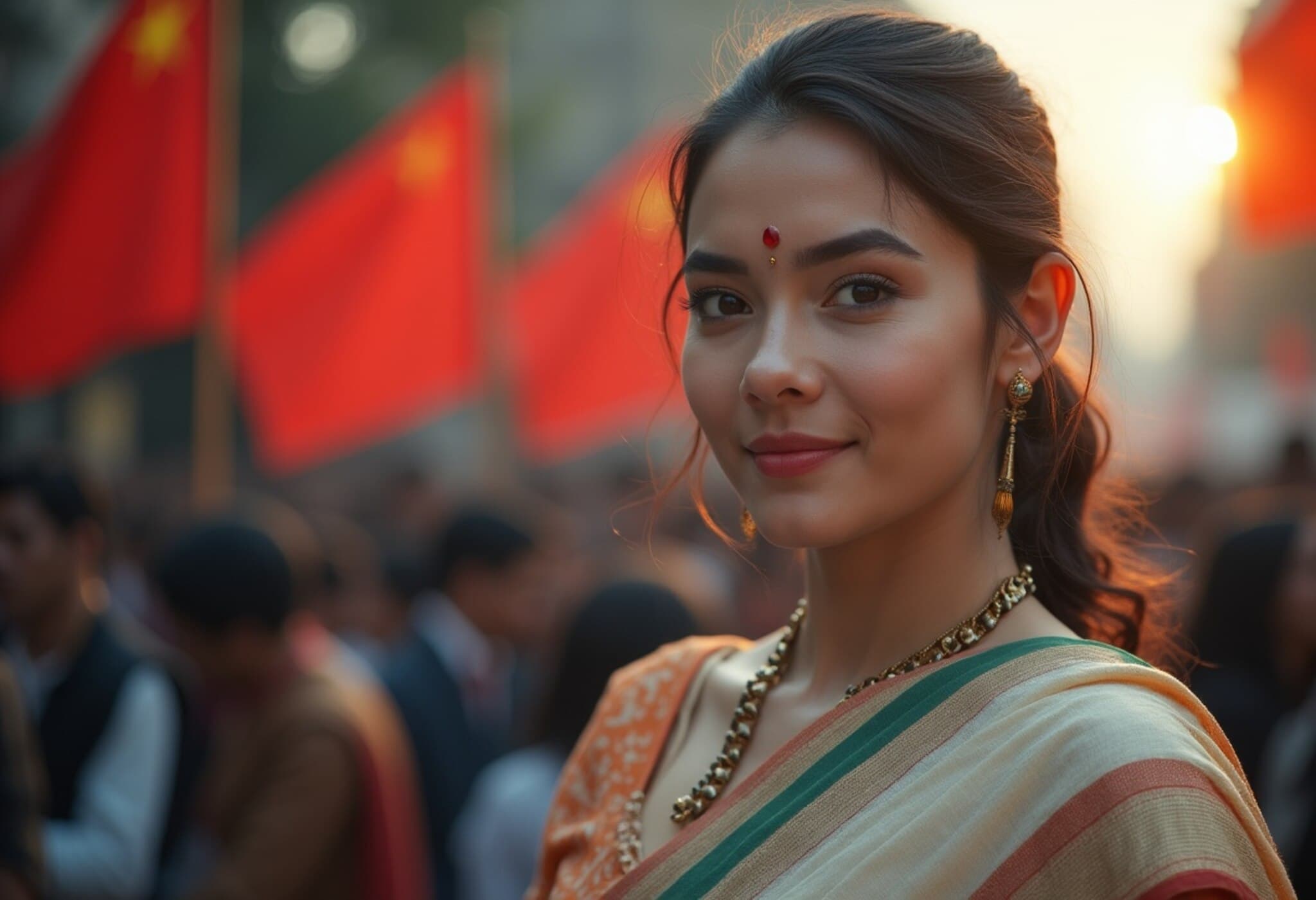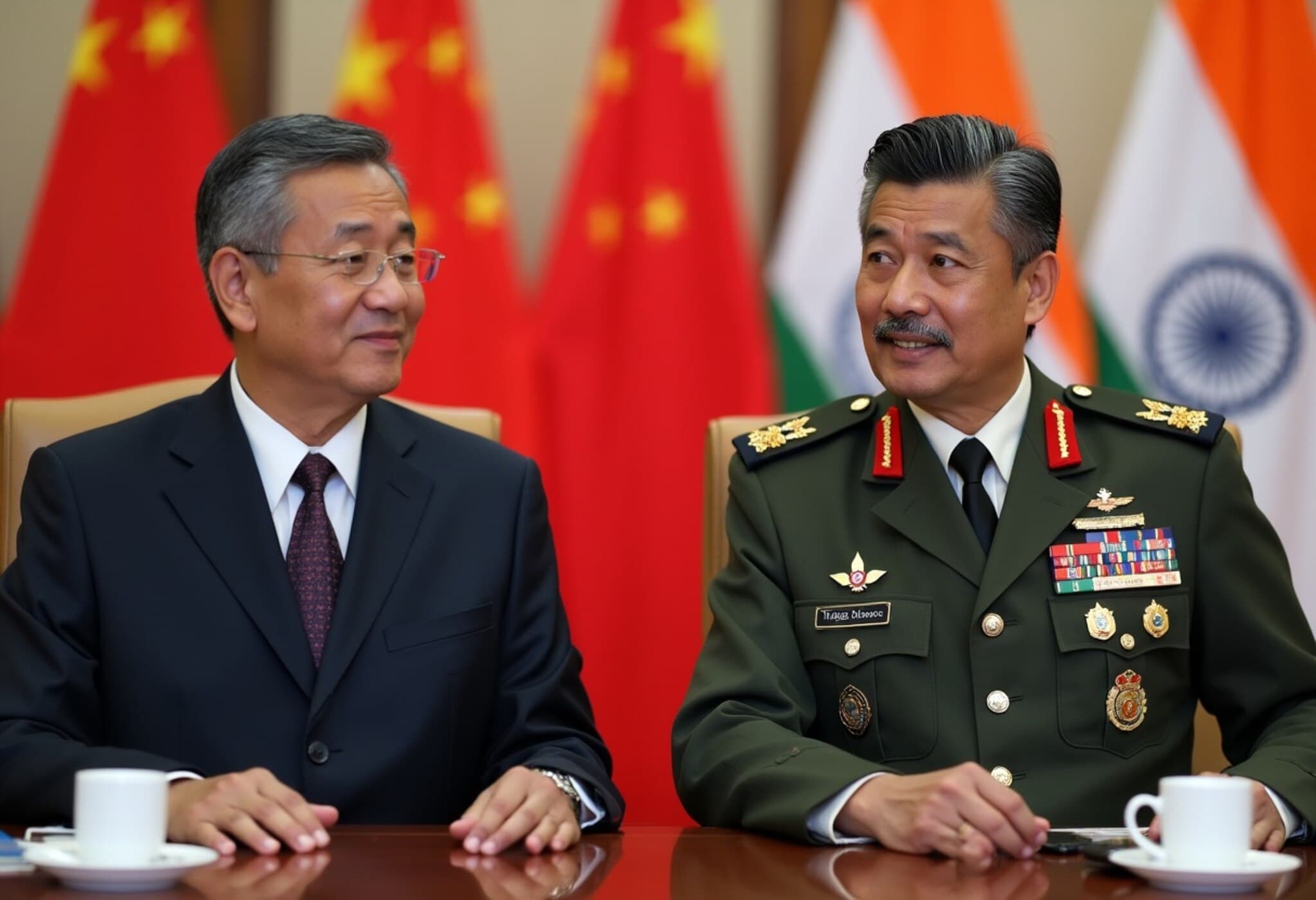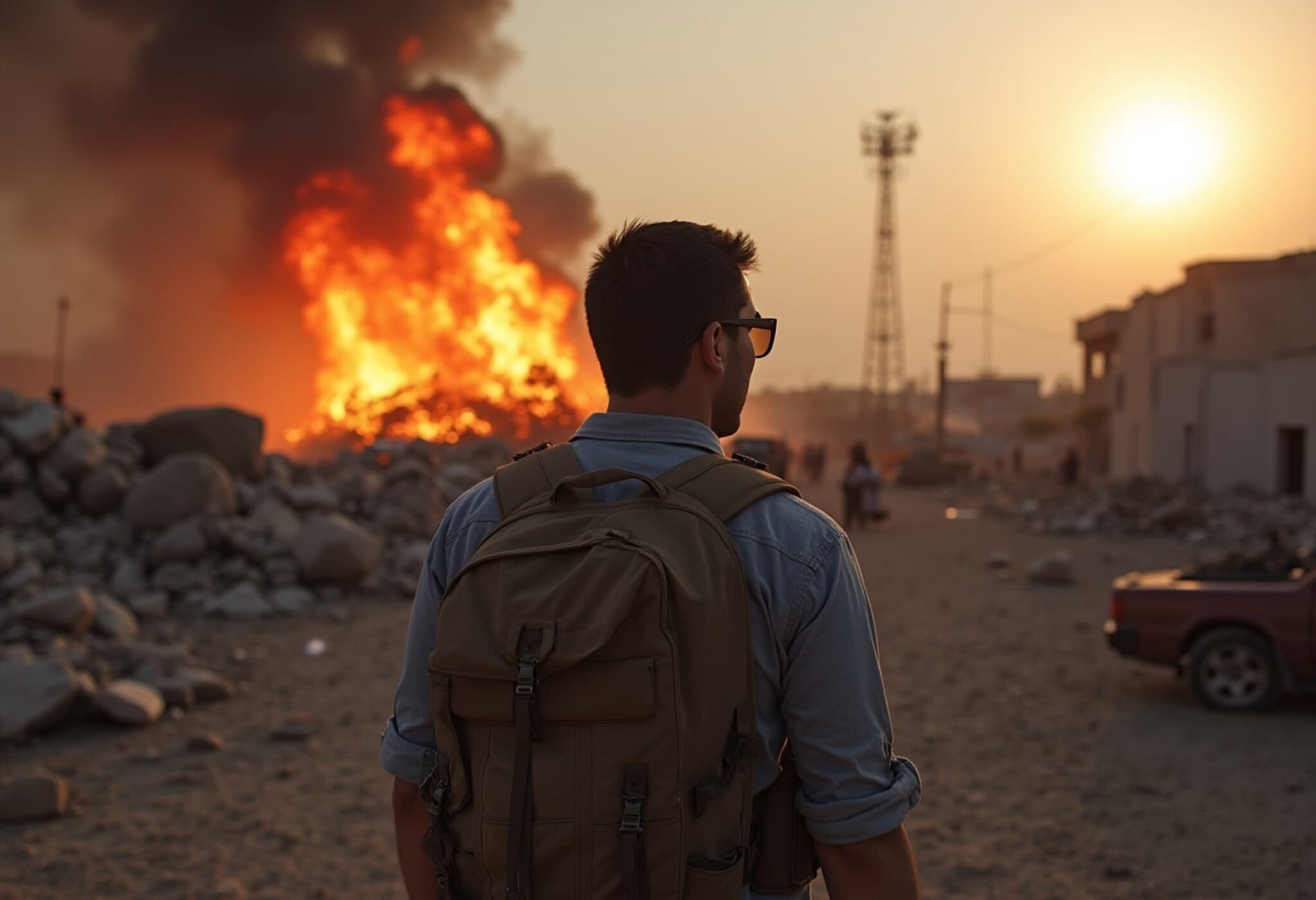India-China Relations: A Complex Civilisational Matrix
Indian External Affairs Minister Subrahmanyam Jaishankar recently characterized the relationship between India and China as an "incredibly complicated matrix," emphasizing both countries' status as ancient civilisations navigating a new era of global influence and economic growth.
Parallel Economic Growth Amidst Differing Timelines
Addressing the German Marshall Fund Brussels Forum 2025, Jaishankar highlighted the parallel rise of the Indian and Chinese economies. However, he acknowledged a key difference: China embarked on reforms and modernisation much earlier than India. Reflecting on past governmental decisions, he noted, "The Chinese began their modernisation earlier than us, largely because our governments at the time did not do what they should have done."
Neighbours with Shared Challenges
Jaishankar underlined that while both nations are major powers with populations exceeding a billion, their relationship is marked by layers of complexity. The two countries share unsettled borders and mutual neighbours, making their diplomatic and strategic interactions multifaceted. He said,
"There is the boundary dimension, economic and trade issues, political models, and different social values. Navigating this results in an incredibly complicated matrix."
Shifting Global Perceptions, Especially in Europe
Addressing how Europe views China, Jaishankar mentioned an evolving and varied stance across European nations. He explained that not all European countries respond to China uniformly, with some adopting a firmer position than others. This nuanced approach reflects the broader complexity in international reactions to China's global role.
The Road Ahead
India and China stand as two civilisational giants forging a new geopolitical equilibrium, balancing cooperation and competition. The trajectory of their relationship will continue to shape regional and global dynamics, demanding careful diplomacy that respects history while addressing contemporary realities.

